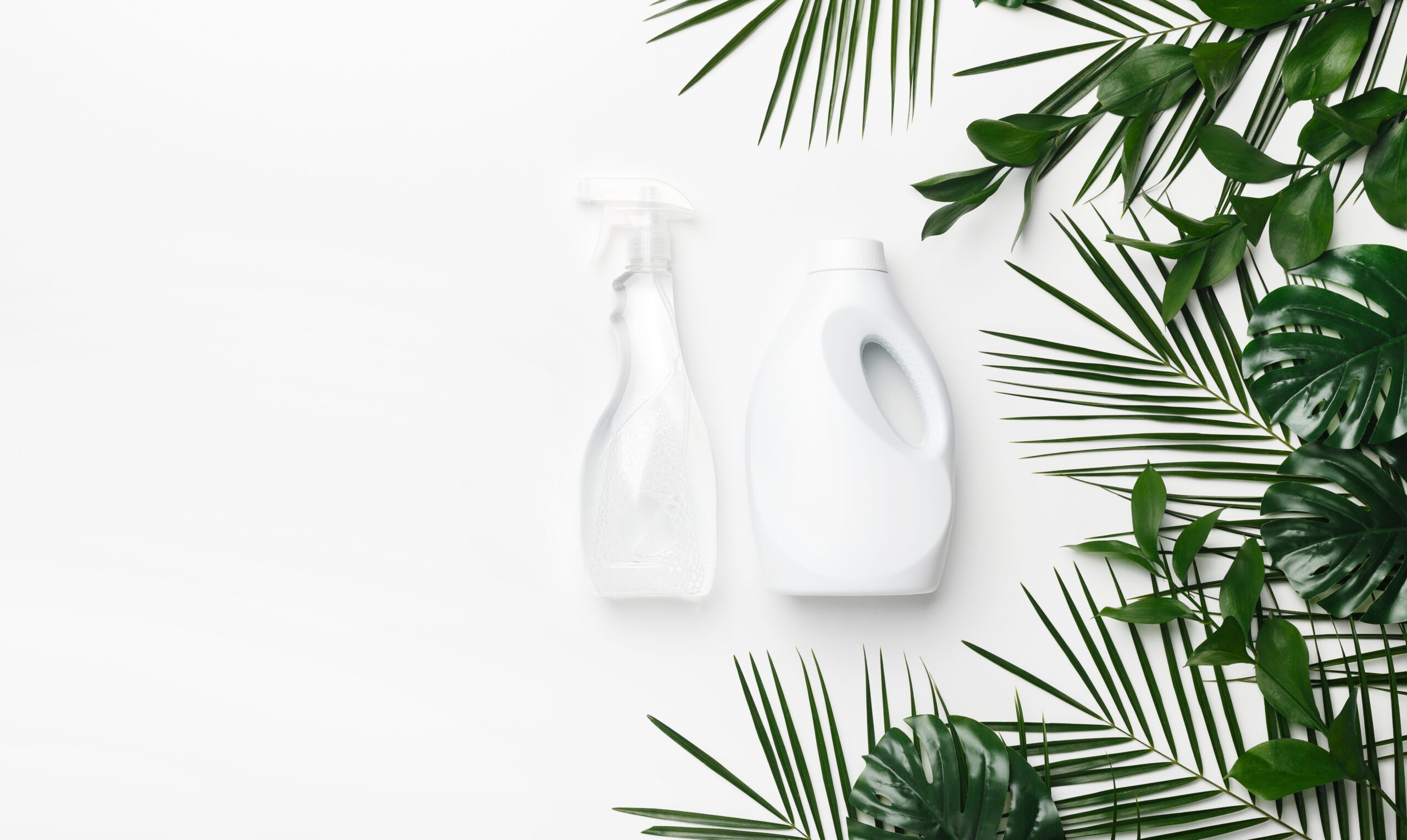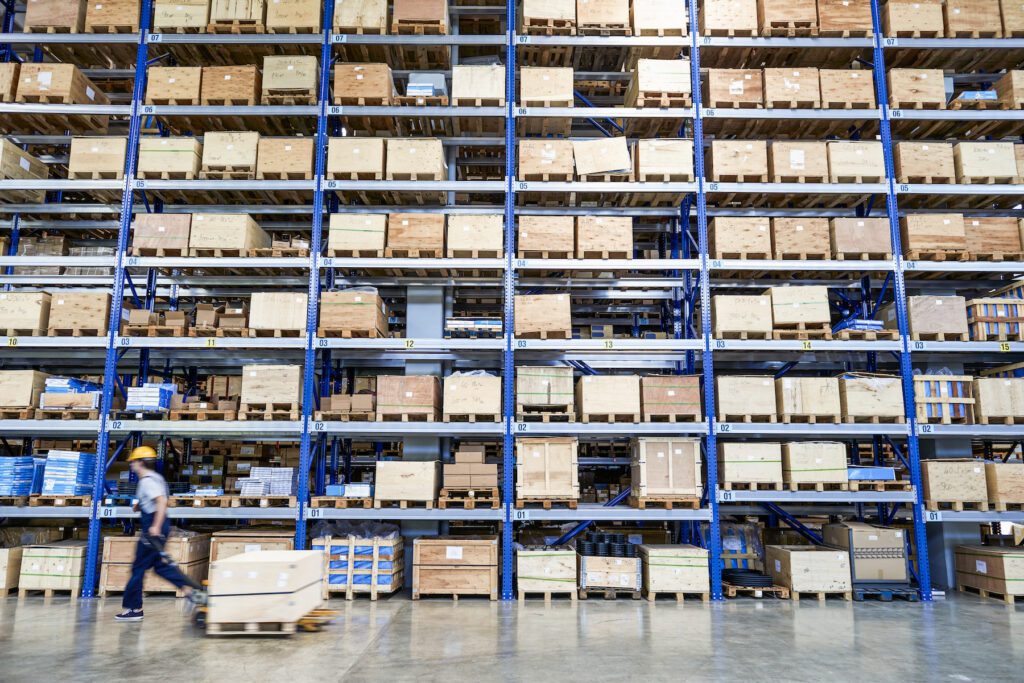What is the Difference Between Commercial & Industrial Cleaning?

When you need to coordinate with a cleaning service, it's important to know which kind of service you should look for. Industrial & commercial cleaning services offer drastically different cleaning options that your business may need. We’ve highlighted several key differences between industrial & commercial cleaning to prepare you for hiring a suitable cleaning service.
What is Industrial Cleaning?
When most professionals hear industrial cleaning, they tend to think of warehouses, production plants, storage silos & assembly lines. That leaves out critical infrastructure such as municipal industry support & industrial support call centers. Industrial cleaning generally involves cleaning production equipment (including phones & computers) on a regular & frequent basis.
What is Commercial Cleaning?
Commercial cleaning might involve a few large sites, such as a large-scale factory, which will be cleaned annually or a couple of times per year rather than regularly & frequently. These types of cleaning work often run based on contractual requirements & involve substantial amounts of pre-planning.
Types of Industrial Cleaning Services
Industrial cleaning & professional janitorial services are a necessity for businesses that must retain clean floors & an operating environment clear of obstructions. To this end, take a moment to read through the following list of industrial cleaning services & see which, if any, encompass your needs.
Asbestos cleaning & abatement
- Asbestos is a carcinogenic chemical that has been used to minimize the damage caused by fires. It has become quite a nasty contaminant, however, with countless studies linking it back to numerous types of cancer. Our technicians are trained experts in managing cleanup, abatement & disposal of asbestos.
Mold Removal
- Countless types of mold float through the air, waiting for the right conditions to rest & grow from spores into colonies. Aspergillus, Cladosporium, & other types of mold should be managed & eradicated by trained mold specialists. Many types of mold are visually indistinguishable from one another. Black Mold (the Stachybotrys genus) is visually identical to most other types of mold.
- Professional cleaners generally use field-test kits to identify mold on the spot & treat it with the correct mold control agents. Moldicides & other chemicals should always be EPA-registered & approved. Further, they should only be used in the form & conditions that they are approved for. Fogging, for example, is not recommended for most chemicals. Concrobium is one of a few mold control agents which is EPA-approved for fogger use.
Decontamination
- Decontamination can mean a variety of things, depending on the commercial or industrial cleaning environment. Some industrial complexes require nuclear decontamination, while others require biological decontamination or other types of decontamination. COVID-19 has resulted in an unprecedented call for decontamination services as well as anti-microbial cleaning supplements.
- Industrial cleaners should be certified by the governing organizations that offer guidance for decontamination procedures. Without proper training, decontamination isn’t just dangerous, it can result in lasting damage & consequences for whoever conducts the decontamination procedures.
Industrial Cleaning
- Industrial cleaning, including servicing manufacturing facilities & municipal infrastructure requires keen attention to detail. Metal shavings & filings must be removed from crevices on machinery using magnets, floors must be cleared of any & all obstructions & pipelines or large-scale cables must be cleaned & quality-checked regularly.
Lead Removal
- Lead removal, abatement & post-abatement cleaning are very complex operations. Commercial & industrial businesses which offer lead removal services must equip workers with respirators & proper filters to ensure they are not at risk of inhaling, consuming, or otherwise ingesting lead particles. The heavy metal has terrible effects on unwitting cleaners.
- Lead removal often encompasses lead paint removal, cleaning & then encapsulation of any remaining particles which are deemed unfit for removal. Once encapsulated, lead paint cannot readily flake, chip, or scatter particles into the air.
- Other industrial cleaning services, such as mercury removal, are available in the industry, but fewer companies manage higher-risk operations such as these.

The Key Differences Between Industrial & Commercial Cleaning
Industrial cleaning is often focused on a few high-impact cleaning operations per year. Commercial cleaning is usually done daily, weekly, or monthly. Both industrial cleaners & commercial cleaners can carry out routine maintenance tasks as needed.
Industrial cleaners are often geared toward non-customer-facing areas such as silos, pipelines, storage facilities such as warehouses & manufacturing sites. Commercial cleaners generally tend to serve office buildings, retail locations & other locations where customers & business partners may be present during standard operating hours.
If you’d like to learn more about commercial cleaning services in particular, please read this post for additional details.
Finding a Cleaning Service Near You
Bear these details in mind when seeking a commercial or industrial cleaning service to manage your operational cleanliness needs. Be sure you take some time to list your needs & expectations for professional industrial cleaners & commercial cleaning businesses.
Pritchard has been providing services for more than 100 years. Our clients love the way our staff manages their facilities. As a result, more than 95% of our clients remain with us. Contact us for a free consultation & follow us on LinkedIn for the latest new & insights.

